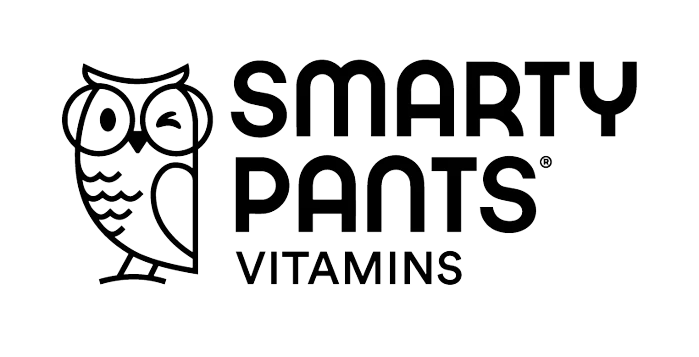"Firsts" are one of the most exciting parts of the parenting journey! First steps, first words, first books. The essential cognitive skills your child starts to develop from birth fall under the umbrella of early cognitive development. We talked to Dr. Nicole Avena, PhD and Assistant Professor of Neuroscience at Icahn School of Medicine and SmartyPants Senior Advisory Board member, about how parents can support their child's early cognitive development. She shared her insights to our top questions below:
What is early cognitive development and why is it important?
Early cognitive development refers to a child learning essential cognitive skills from birth through the age of 5. This step in a child’s life is important because there is a strong correlation between early childhood development and success later in life. Supporting your child’s mental development is just as important as their physical development in the first few years of life. Because meeting developmental milestones (cognitive & otherwise) is so essential in the first few years of life, children should have regular developmental screenings to make sure they are on the right track and any potential issues can be addressed as early as possible.
What are the milestones of early cognitive development?
Below are key milestones of early cognitive development to look for as your child grows!
2 months: Child starts to pay attention to faces, follows things with their eyes, recognizes people at a distance, and begins to express boredom (by crying or being fussy).
4 months: Child shows a clear difference between happy and sad, reaches for a toy with one hand, responds to affection, and uses hands and eyes together (such as by looking at a toy and reaching for it).
6 month: Child brings things to mouth, shows curiosity for things out of reach, passes things from one hand to another, responds to their name.
9 months: Child picks things up with their thumb and index finger (like a piece of cereal), plays peek-a-boo, looks for things they see you hide, and uses their finger to point at things.
1 year: Child follows simple directions, puts things in and out of containers, copies gestures, starts to use things correctly (for example, a hair brush for hair), bangs things together, and looks at something when it’s named.
18 months: Child scribbles on their own, points for attention, and knows what ordinary things are.
2 years: Child sorts things by shape and color, can find things hidden under multiple layers, names items in a picture book, can understand two-step commands (such as stand up and put this away), builds towers of 4 or more blocks, and completes sentences and rhymes in familiar books.
3 years: Child plays make-believe, completes puzzles with 3 or 4 pieces, screws and unscrews jars, can copy a circle, and builds towers with more than 6 pieces.
4 years: Child names some colors and numbers, starts to understand time, draws a person with 2 or 4 body parts, uses scissors, tells you what they think will happen next in a book, and plays board or card games.
5 years: Child can count 10 or more things, copies a triangle and other geometric shapes, can draw a person with 6 or more body parts, knows about everyday things like money and food, and can print some letters or numbers.

What micronutrients may help with early cognitive development?
The most important micronutrients for early cognitive development are iron and iodine. Iron deficiency in infancy can lead to problems with cognitive development such as delayed psychological development, social withdrawal, difficulty paying attention or focusing, and other learning difficulties. You can supplement your little one’s diet with iron through iron rich “first foods” such as eggs, tofu or iron fortified infant cereal.
Iodine is necessary to support the thyroid among other functions.* Research has shown that giving children iodine supplements supports their overall cognitive function.* We include iodine in our Baby Multi with DHA, as well as two more key ingredients for baby, choline and omega-3 DHA.
In general, DHA in prenatal vitamins or diet at 100mg/day or more can support fetal growth and development. DHA levels continue to build up in the baby’s brain through age 2 and support brain health. According to research, including omega-3 fatty acids, especially DHA, in your child’s diet may help aid in cognitive development.
During fetal development, choline is also essential for neural tube development. The neural tube is the brain and spinal cord, in its early stages of development. Even after birth, choline continues to help with brain development.
What are some activities you can do with your kid to help support cognitive development?
Lots of play, toys, and conversations can be essential to cognitive development! As your child develops, they are learning about the world around them and how it relates to them. Simple puzzles, bath toys for scooping and pouring water, buttons to push, containers to open and close, finger paints, and “slime” are just a few examples of items your child can use to work on his or her physical and cognitive development. Read books together, and encourage your child to guess what happens next. Sing songs together! Let your child take the lead during playtime. Try asking your child what they think the answer to a question is before you answer it. The great part of all of this is that you don’t need to spend a lot of money on products to help your child get the stimulation they need. Let them play with plastic tupperware, measuring spoons, plastic cups, or cardboard boxes. Let them play with and crush pieces of food like cereal in a sealable plastic bag. The possibilities are endless!


